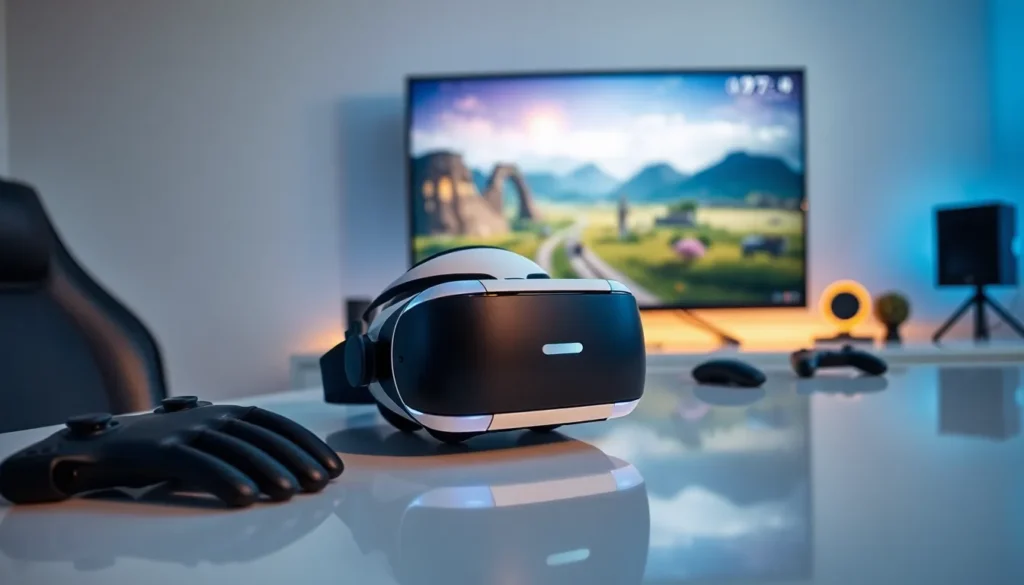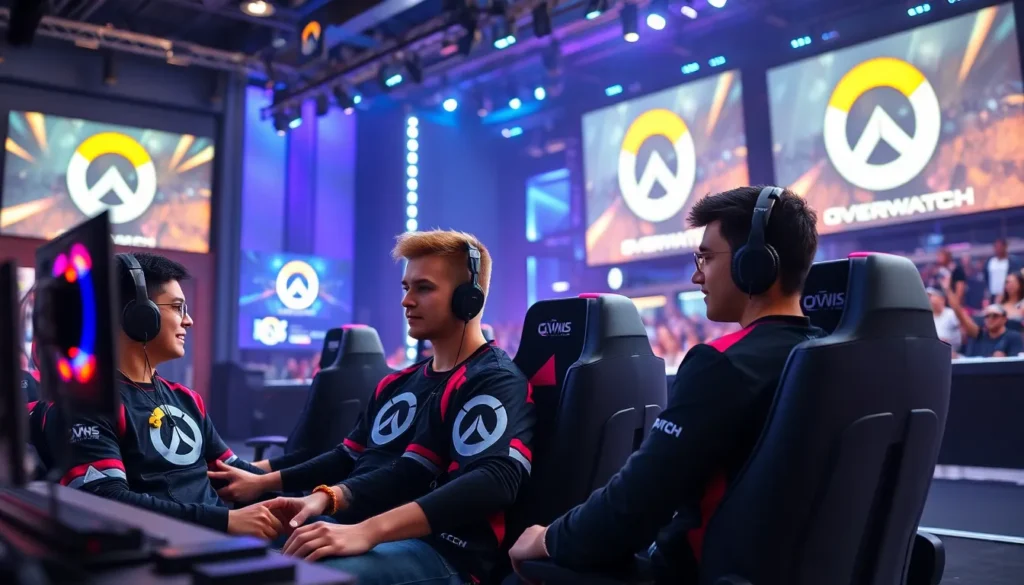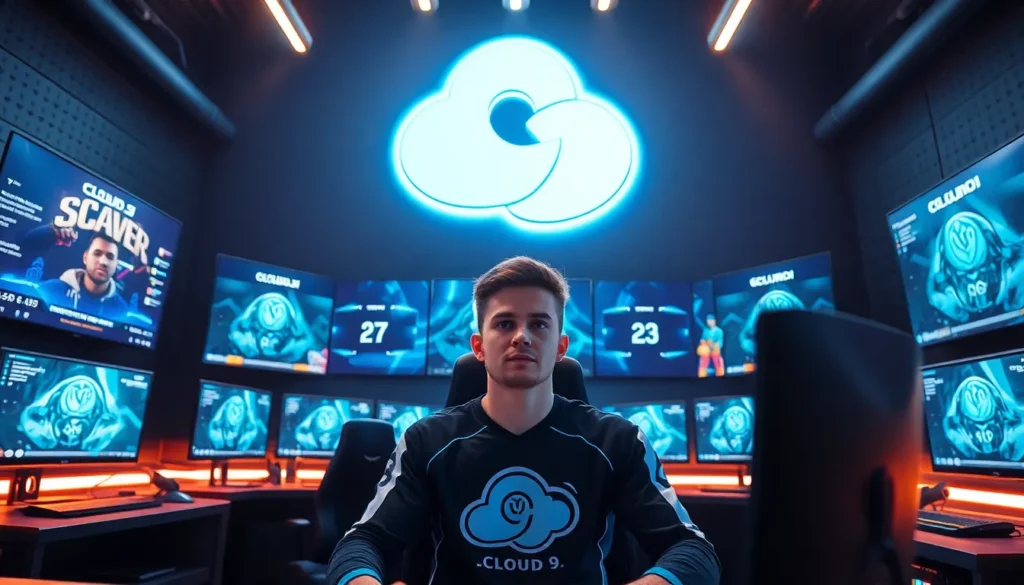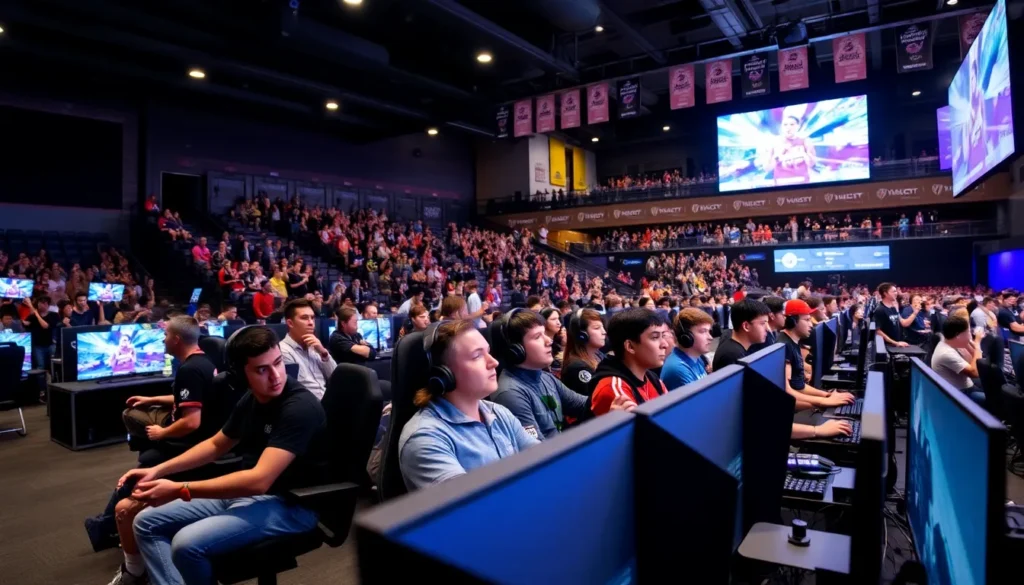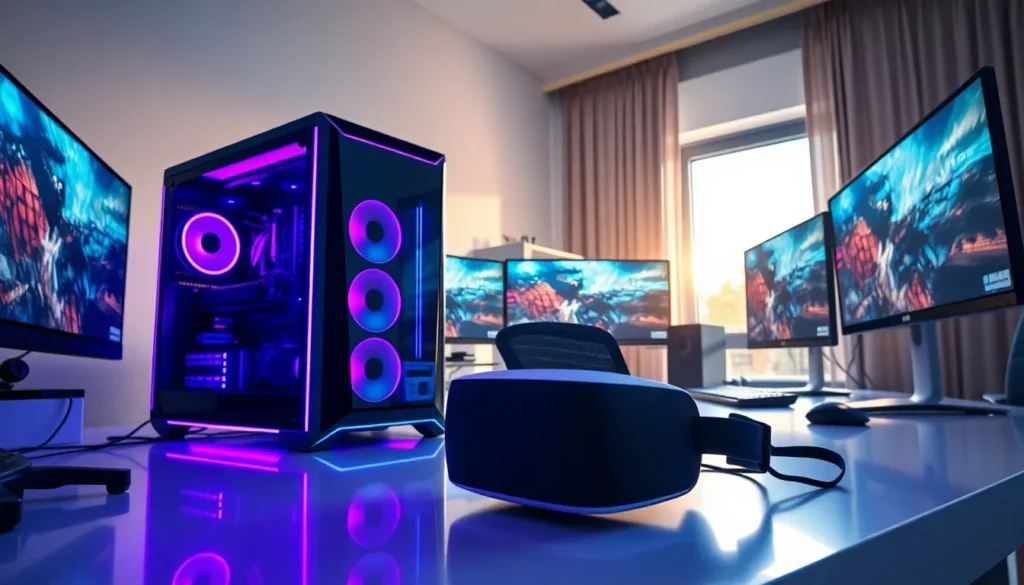Table of Contents
TogglePicture this: a young gamer, focused on the screen, fingers flying over the keyboard, dreams of glory and championships in the competitive world of esports. But wait. What if they had a secret weapon? Enter the esports coach, the unsung hero guiding players to victory. While gaming might seem straightforward, the path to becoming a champion is anything but simple. Let’s explore how esports coaching unlocks potential and transforms casual gamers into elite competitors, all while making it a little fun along the way.
What Is Esports Coaching?

Esports coaching is the art and science of guiding players through the complex world of competitive gaming. Just like traditional sports, players at high levels need expert guidance to refine their skills, strategies, and mental approaches. An esports coach analyzes gameplay, offers feedback, and creates training plans tailored to individual and team needs. They act as mentors and motivators, helping players navigate the often-chaotic world of competitive gaming.
In essence, it’s about unlocking the potential that already exists within players, honing their skills, and preparing them to face challenges head-on.
The Role of an Esports Coach
An esports coach wears many hats. They are strategists, psychologists, and often, a little bit like drill sergeants. Their primary role is to analyze player performances, which involves dissecting gameplay footage, identifying areas for improvement, and implementing tailored strategies.
Also, they help create a positive team culture, which is critical for performance. Teams that have cohesive relationships often outperform those that don’t. An effective coach cultivates communication among players, fosters trust, and encourages constructive criticism, all of which contribute to success in competitive gaming.
Key Skills and Qualifications for Esports Coaches
For a coach in the esports arena, certain skills can make all the difference. A deep understanding of various games, particularly the mechanics and meta, is crucial. Beyond raw game knowledge, a coach should possess strong communication skills to convey complex ideas effectively.
Coaches must also be adaptable, as the gaming landscape is ever-evolving. Keeping up with game updates, patch notes, and evolving strategies is essential. Besides, many coaches hold relevant certifications or have prior experience in competitive gaming, which lends credibility to their coaching.
Types of Coaching in Esports
Esports coaching isn’t one-size-fits-all. There are multiple approaches depending on the game, team dynamics, and player experience levels.
- Team Coaching: Focused on guiding the entire team, this type involves strategy development, communication building, and teamwork improvement.
- Individual Coaching: Tailored sessions for individual players, helping them hone their specific skills or address weaknesses.
- Performance Coaching: Aimed at optimizing players’ mental state, this type of coaching helps manage stress, anxiety, and peak performance mindset.
- Game-specific Coaching: These coaches specialize in a particular game, providing niche knowledge and tactical insights.
Developing a Training Program
Creating a successful training program is essential for any esports team. Coaches start by assessing players’ current skill levels, identifying strengths and weaknesses. From there, tailored training sessions can be devised.
A well-rounded program typically includes:
- Mechanical Skill Training: Daily practice on skills relevant to the game.
- Strategy Development: Analyzing gameplay, crafting strategies, and refining them through scrimmages.
- Physical and Mental Fitness: Incorporating exercises to promote physical health and mental agility, ensuring players maintain peak performance.
Measuring Success in Esports Coaching
Success in esports coaching can be measured using various metrics. Win rates provide a straightforward measure of success, but they don’t tell the whole story. Coaches might also look at individual player improvement, communication effectiveness, and team dynamics.
Setting clear objectives is also important, whether it’s achieving a certain rank, improving specific skills, or enhancing teamwork. Regular feedback sessions can help coaches adjust strategies and keep players aligned with their goals.
The Future of Esports Coaching
As esports continues to grow, so does its coaching landscape. The future may see more specialization in coaching roles, concentrating on particular aspects like mental coaching or analytics. Technological advancements, like AI-driven analysis tools, will likely enhance how coaches evaluate performances and develop strategies.
Besides, as esports integrates deeper into mainstream entertainment, the professionalization of coaching will lead to higher standards and more structured training programs. This evolution will significantly impact player’s careers, providing them with robust paths in a competitive environment.

